You might not have quite the same zeal for candy consumption as an adult that you did back when you were eight or nine years old, but chances are you’re not going to completely abstain this Halloween. However, if you’re really planning on tying one on this holiday, it might be helpful to know how much your body can physically take before throwing in the towel.
Fortunately, the folks over at the science-focused YouTube channel Reactions have put together a handy video guide that lets us know when to say when before consuming too much candy causes us to, uh, die. It also does a great job of explaining what excess sugar consumption does to our bodies that can be so dangerous.
Chances are adults or kids with even the biggest sweet tooth will stop well short of the 1,627 pieces of candy corn necessary to do them in, but…you never know. These things always have a way of getting away from you, don’t they? Considering those little devils are almost straight sugar, they pack far more of a wallop on your liver (usually the weak link when it comes to sugar toxicity) than chocolate snacks do.
That said, if candy corn isn’t your cup of tea, or you’re not really looking to take down more than a thousand of them, the guide also gives us the equivalent in “fun size” candy bars. In the event that you grossly overestimated the trick-or-treater foot traffic in your neighborhood, you could partake in 262 leftover pieces before shuffling the mortal coil.
These numbers sound stratospheric, sure, but bear in mind that consumption of sugar can actually make you hungrier. So to some extent, the more candy you eat, the more candy you’ll want to eat. But practically, all sorts of digestive and chewing mechanisms might go kaput before you reach the thresholds in the guide.
You’re probably not going hit these crazy-high figures in the course of an evening, but habitually high consumption of sugar can have consequences that are equally dangerous, if less dramatic.
Check out the longer-term (and more likely) effects of excess sugar consumption in this video on sugar toxicity:


















 A woman sits in a new car at a dealershipCanva
A woman sits in a new car at a dealershipCanva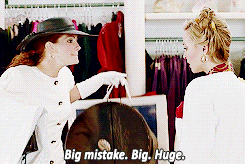 GIf from 'Pretty Woman' of Roberts saying "BIg mistake. Big. Huge." via
GIf from 'Pretty Woman' of Roberts saying "BIg mistake. Big. Huge." via 

 People voting. Photo credit:
People voting. Photo credit:  Young women rally. Photo credit:
Young women rally. Photo credit: 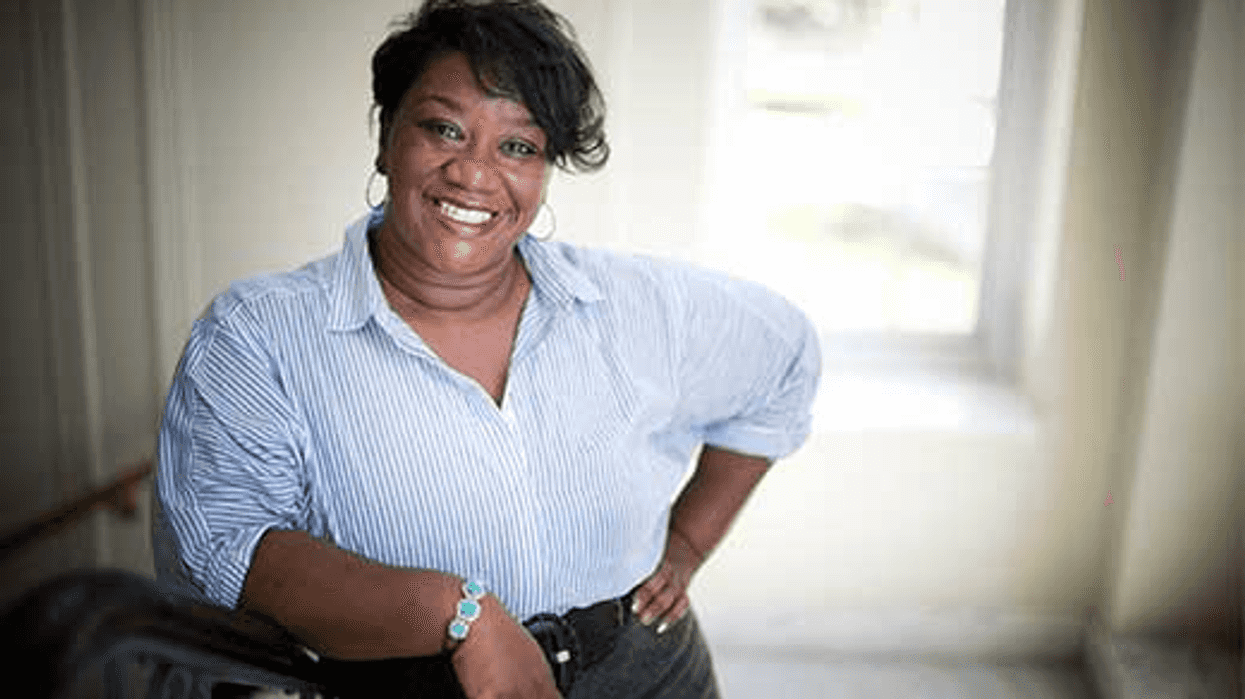 Tressie McMillan Cottom.Tressie McMillan Cottom/
Tressie McMillan Cottom.Tressie McMillan Cottom/ 
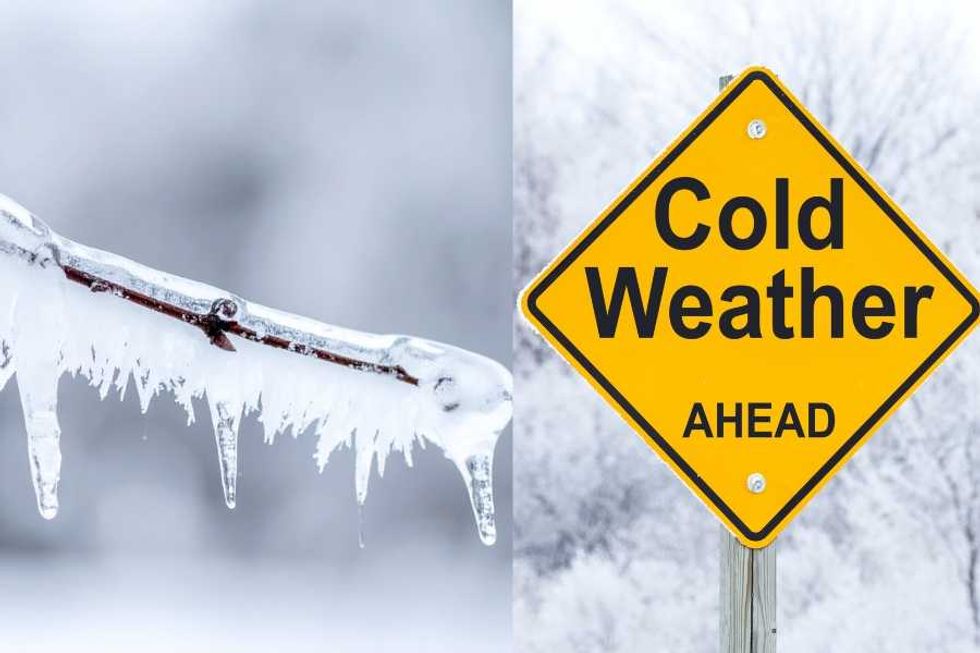 Winter weather.
Winter weather. 
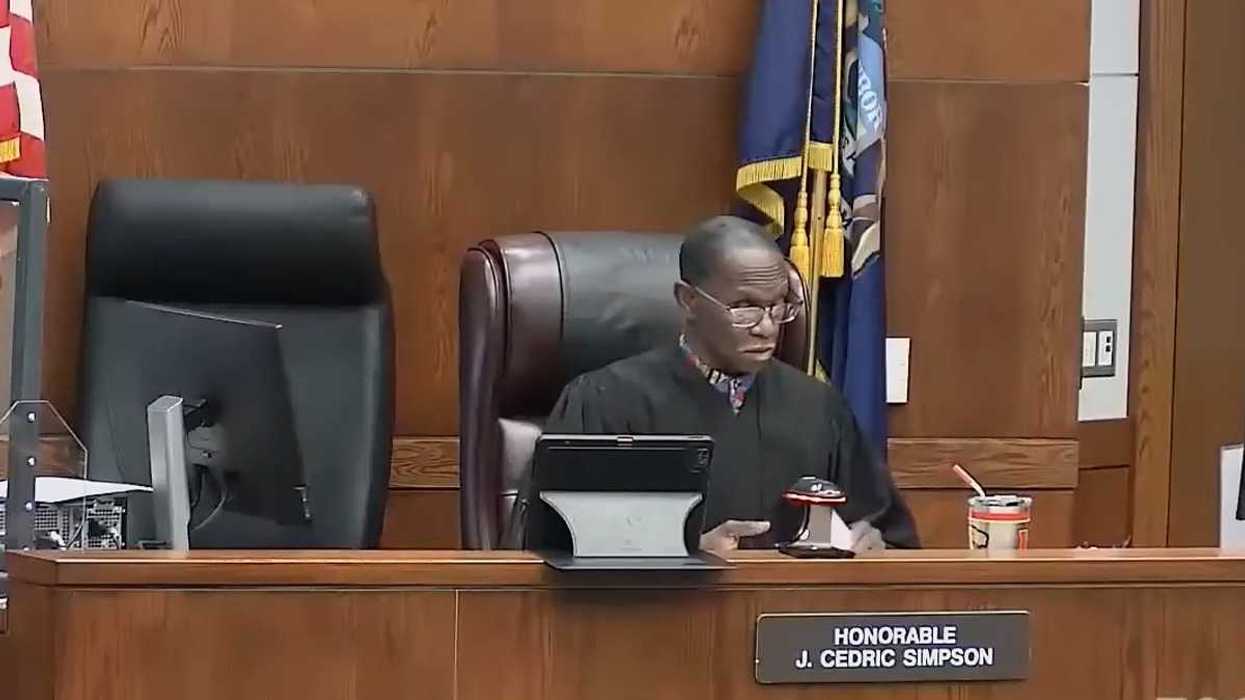 Honorable J. Cedric Simpson at work in the courtroom.Image from
Honorable J. Cedric Simpson at work in the courtroom.Image from 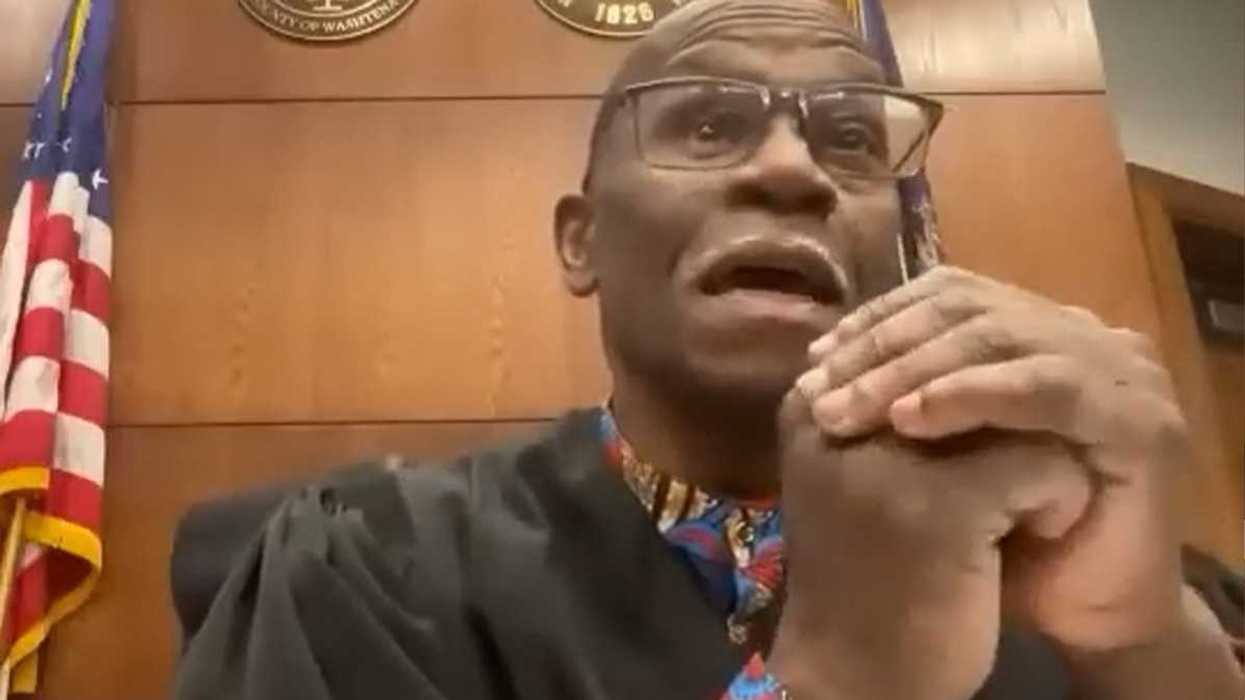 A close up of Judge Simpson.Image from
A close up of Judge Simpson.Image from 
 Siblings engaging in a pillow fightCanva
Siblings engaging in a pillow fightCanva